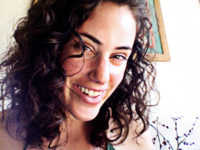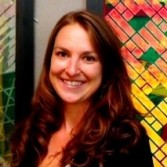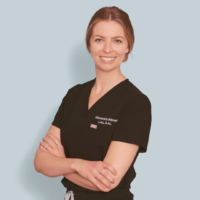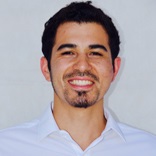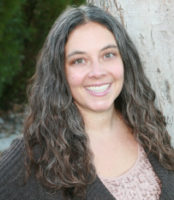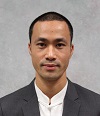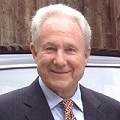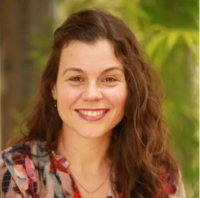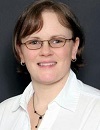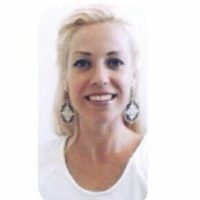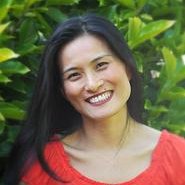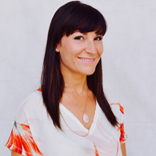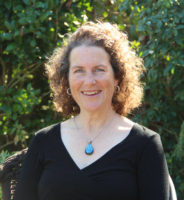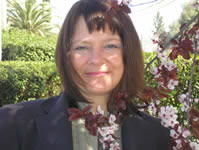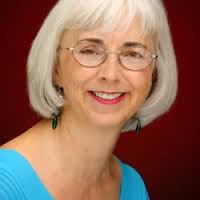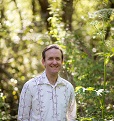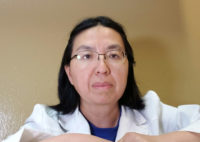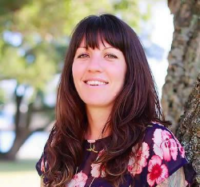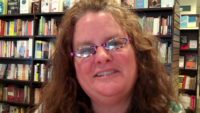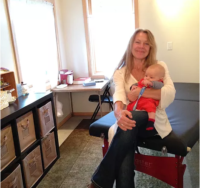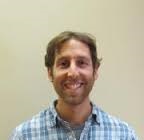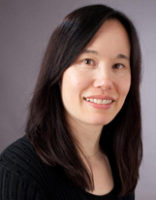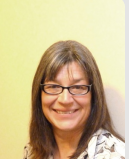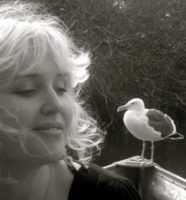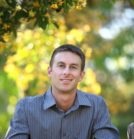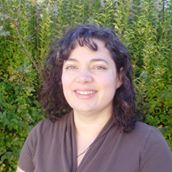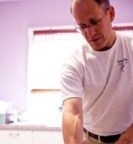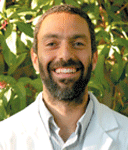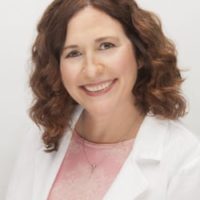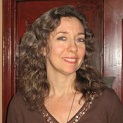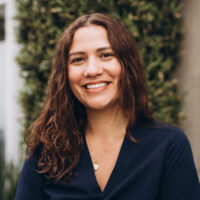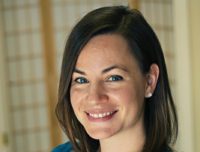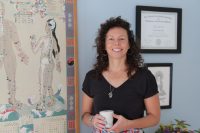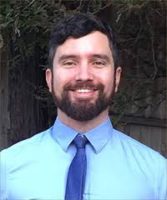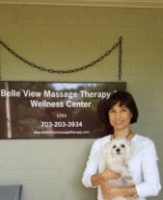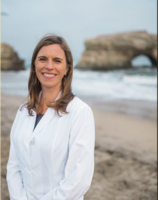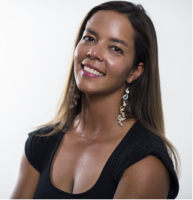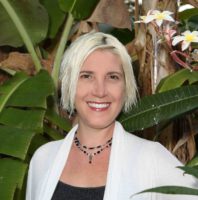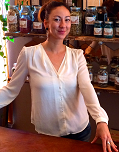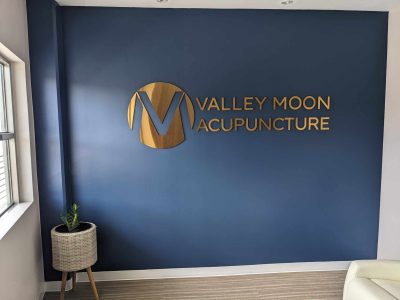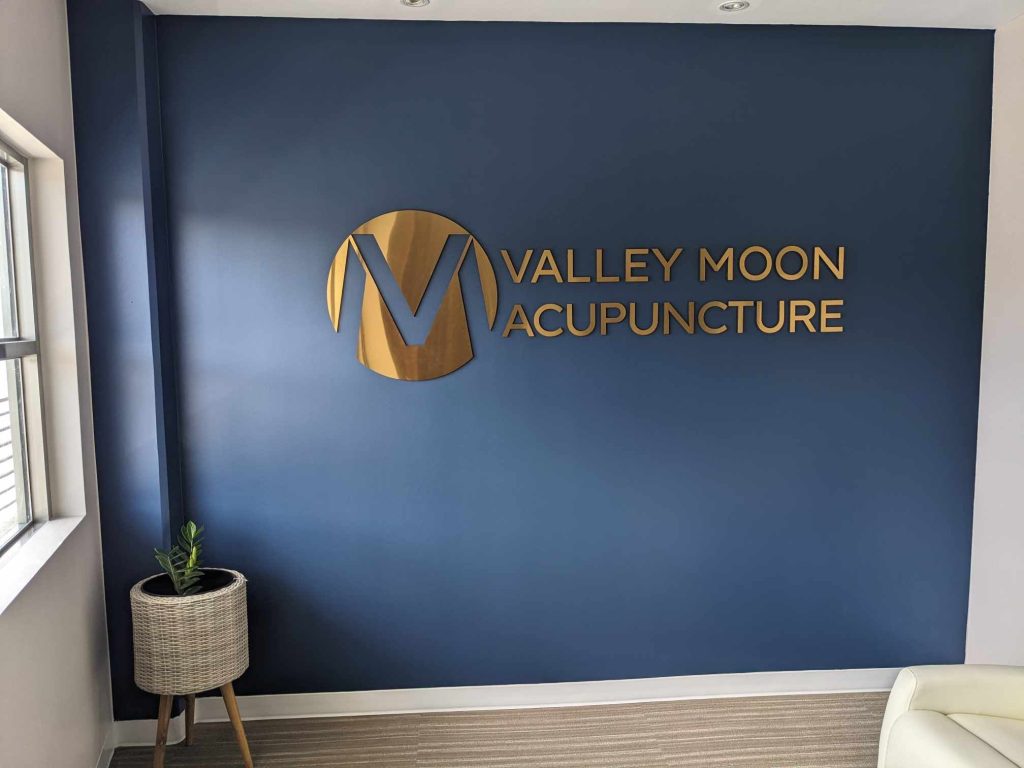| Monday | 9:00 am - 5:00 pm |
| Tuesday | 9:00 am - 5:00 pm |
| Wednesday | 9:00 am - 5:00 pm |
| Thursday | 9:00 am - 5:00 pm |
| Friday | 9:00 am - 5:00 pm |
| Saturday | Closed |
| Sunday | Closed |
Dr. Hiroshi Ishii-Adajar received his degree as a Doctor of Traditional Chinese Medicine from Five Branches University in San Jose, CA. Before coming to Guam, he treated patients at the Five Branches Clinic and Akiyama Wellness Center in San Jose. His clinical training includes hands-on internships with hospital acupuncturists from mainland China, herbalists from Taiwan, acupuncture/moxibustion specialists from Japan, and practitioners who learned acupuncture from Buddhist monks. Before becoming an acupuncturist, Hiroshi worked as a program coordinator at the Contemplation By Design program at Stanford University, where he also received his B.S. in Mathematics.
Hiroshi’s journey into traditional medicine started when he saw a doctor of Tibetan medicine in Nepal who, after only taking his pulse, could guess many things about his health, such as the fact that his feet were always cold. He became curious as to how she could know that, and before long, he began seeking to learn more and to receive treatment from practitioners of various modalities. Finally, an acupuncturist remarked that since he was spending so much time learning about medicine, he might as well become a health practitioner himself.
He specializes in complex and chronic conditions, especially those that have been difficult to treat using conventional methods. He primarily uses Sa’am acupuncture as taught by Toby Daly, as well as herbal medicine approaches that draw from the Shang Han Lun/Jin Gui Yao Lue, especially as taught by Arnaud Versluys. His approach to medicine and life is informed heavily by Liu Ming, who emphasized that the wisdom traditions of Asia understand the interconnectedness of all aspects of our being – our body and mind, our ancestral/social/cultural community, the land, and cycles of time. By regulating the relationships between all of these, we can support enduring shifts in our health and our lives.

